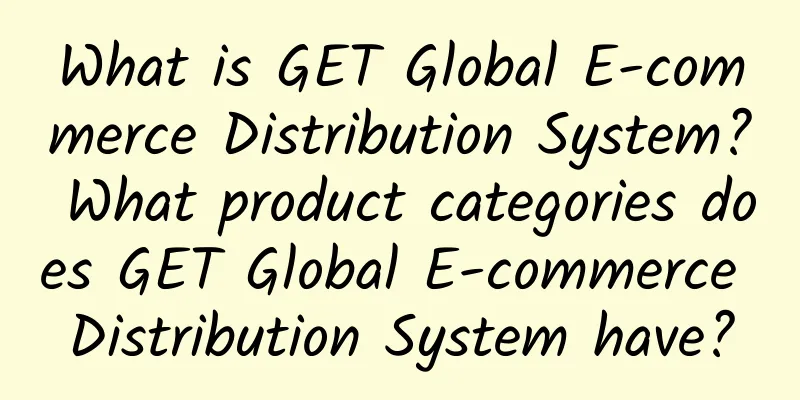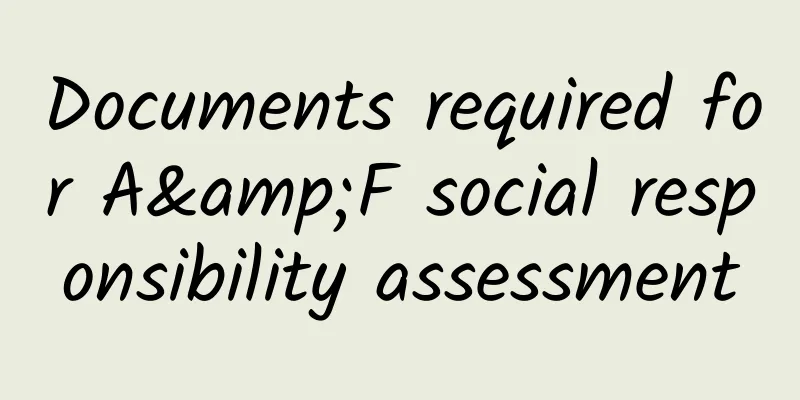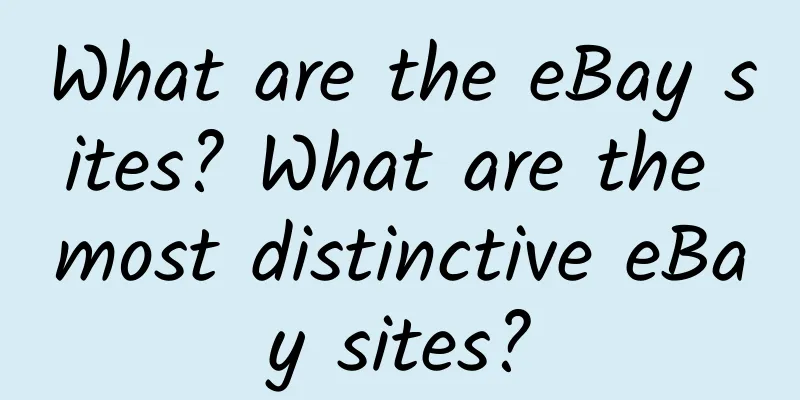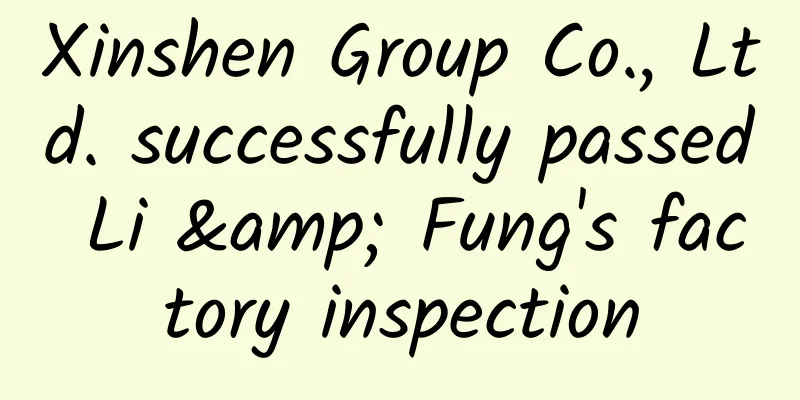What conditions do cross-border ERP systems generally need to meet? What are some outstanding cross-border ERP systems?
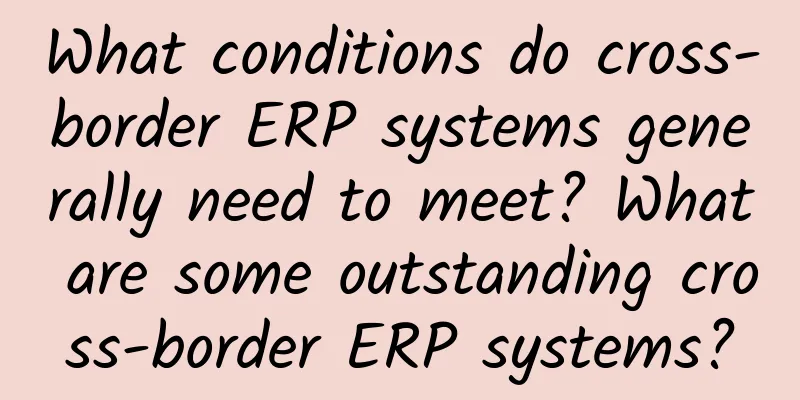
|
What conditions do cross-border ERP systems generally need to meet? 1. Omni-channel management: Cross-border ERP is connected to mobile shopping malls (mini programs/APPs/H5 WeChat shopping malls), third-party shopping malls (dozens of platforms such as JD.com, Tmall, Youzan, etc.), and store POS at the same time to centrally obtain order information, connect online and offline products, members, inventory, transactions and other data, and integrate sales scenarios of various channels, which is conducive to merchants to carry out cross-border O2O business. 2. Improve customs declaration efficiency: Cross-border ERP connects with customs, e-commerce platforms, payment, and logistics bonded warehouses, helping merchants improve the efficiency of three-in-one and lowering technical barriers. At present, our system has connected with Hainan, Guangzhou, Shenzhen, Fuzhou, Chongqing, Chengdu, Shanghai, Hangzhou, Tianjin and other mainstream cross-border pilot cities, and can connect with new ports. 3. Multiple business models: In addition to cross-border import business, it also handles general trade, domestic retail and other business formats simultaneously, and supports cross-border + general trade splitting orders. 4. Open up the supply chain The ERP supply center connects the supply chain (referring to duty-paid or general trade goods) and domestic online and offline sales channels. If there is goods, there is no need to worry about sales, and if there is sales, there is no need to worry about goods. What are some outstanding cross-border ERP systems? 1. Saihe ERP Saihe ERP perfectly connects with mainstream platforms and self-built websites such as eBay, Wish, AliExpress, Walmart, Lazada, Cdiscount, etc., and supports Amazon order management, eBay order management, Wish data analysis, and overseas warehouse management. Saihe ERP can effectively shorten the work cycle, reduce cross-border costs, and efficiently solve cross-border e-commerce operation problems. 2. Store Secretary Dianxiaomi has many docking platforms, and basically all well-known e-commerce platforms are docked. It has complete functions and a user-friendly charging method. There are several charging plans, and you can choose the plan that suits your functions. The characteristics of Dianxiaomi are that the AliExpress platform can automatically extend the delivery period and the Amazon platform can set a timed follow-up sale. 3. Mabang ERP MaBang ERP is an ERP system composed of a team with more than ten years of experience in electrical business. It has a deep understanding of the actual needs of sellers, has no deposit and hidden charges, and only requires a handling fee of 4-13 points in the first three months. It now provides full-process management services such as order management, logistics management, product management, call management, procurement management, warehouse management, and sales management. The conditions for entry are that the seller’s monthly sales must be more than 250,000 US dollars, and the SKU cannot be less than 10,000. 4. Yicang ERP Yicang ERP is an ERP product tailor-made for large sellers. On its official website and external communication materials, it has always emphasized that most of its ERP product users are sellers with monthly sales of millions of US dollars. "Yicang has 11 years of experience in cross-border software development and has the largest development team in the industry. It also has the most luxurious 3-to-1 customer service in the industry, focusing on providing management software for cross-border e-commerce companies. Currently, more than 200 cross-border e-commerce companies with monthly revenues of millions of US dollars are using it." 5. Tongtu ERP Tongtu is a cost-effective ERP that basically covers the foreign trade platforms it connects to, and supports multiple e-commerce platforms for product information to be listed, which can maximize sharing. Other functions include: scheduled publishing, product information capture, batch adjustment of information, intelligent related marketing and other functions, which realize the whole process management. In terms of cost, there are ERP online version and ERP cloud deployment version. The online version is suitable for small teams, and the cloud deployment version is suitable for medium and large enterprises, with high data security and system performance. This is the end of the introduction to cross-border ERP systems. If you want to get more information about cross-border ERP, please pay attention and we will continue to answer your questions~ |
>>: Kogan - Australian retail + service business combination
Recommend
How is U Select U Products? What is the development strategy of U Select U Products?
How about U-selected U products? U Select U Produ...
What is eToro? What does the eToro social investing platform do?
eToro is the world's leading social investmen...
Target's social responsibility factory inspection has new requirements
I believe that everyone in the industry has recen...
How is the customs lawyer team? What services does the customs lawyer team provide?
The customs lawyer team was established in 2006 a...
The new version of the National Basic Safety Technical Specifications for Textile Products will be officially implemented on August 1
It is reported that the highly anticipated nation...
Kmart Quality Inspection Document List
Kmart factory quality audit - basic factory inform...
BingaBinga--Shopping platform for middle and high-end people in Europe
BingaBinga is a shopping platform for middle and ...
Basic terms of HACCP certification
Hazard Refers to the biological, chemical and ph...
Analysis of Difficulties of WCA Factory Inspection
Analysis of Difficulties in WCA Factory Inspection...
How is Tokopedia? What do I need to prepare to open a Tokopedia store?
Want to open a store on Tokopedia? This is a ques...
The reason why Chico's factory inspection consultation is super network
Why do they have a steady stream of foreign trade...
What is Starbucks?
Starbucks, Chinese: 星巴克, is the name of an America...
What is the difference between XMind mind mapping and other mind mapping tools?
1. 100% pure Chinese. XMind has changed the curre...
What is iPrice? What is the development history of iPrice?
What is iPrice? iPrice is an online e-commerce ag...
What are the Matson Clippers? Why are they so fast?
What are the Matson Clippers? Matson Express was ...


